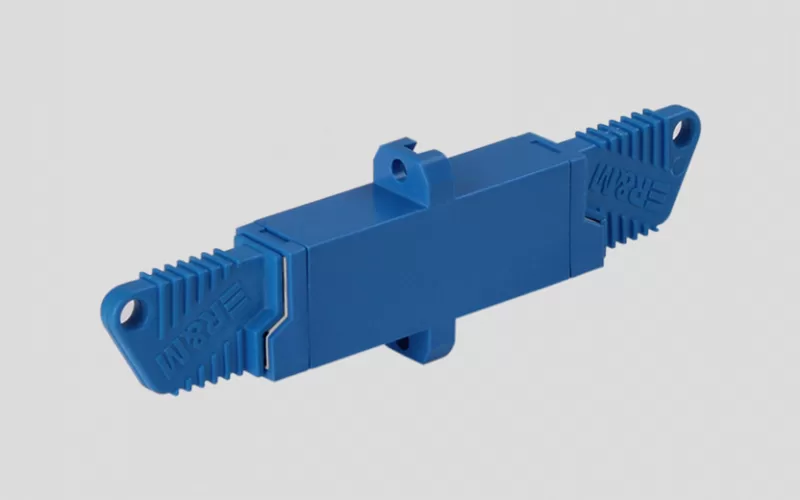
As a kind of network adapter, E2000 UPC adapter has many different types and brands on the market. According to different application scenarios and needs, you need to choose the adapter that suits them. The following is some analysis of the different types of E2000 UPC Adapter and how to choose:
Single mode and multimode
According to the number of interfaces, E2000 UPC adapter is divided into single mode and multimode adapters. Single mode adapters have only one E1/T1 line interface, while multimode adapters have multiple E1/T1 line interfaces. If you only need to convert one E1/T1 line, you can choose a single mode adapter; if you need to convert multiple lines at the same time, you can choose a multimode adapter.
Different transmission rate
The E2000 UPC adapter has a variety of transmission rates to choose from, including 125Mbps, 2Mbps, 10Mbps, etc. When selecting an adapter, you need to consider their actual needs and the transmission rate limit of the network device. For example, if your network device only supports a transmission rate of 10Mbps, then select an adapter with a transmission rate of 2Mbps.
Wired and wireless
According to different transmission methods, E2000 UPC adapter is divided into wired and wireless adapters. Wired adapters require a network cable to connect to the network device, while wireless adapters do not. If the your network environment requires frequent movement of the device or there are obstacles, such as crossing walls or floors, then a wireless adapter can be selected.
Universal and dedicated
According to different uses, the E2000 UPC adapter is divided into universal adapters and dedicated adapters. Universal adapters are compatible with many types of network equipment, while specialized adapters only work with a specific brand of network equipment. If you are unsure about the type of network device you have or want to be able to switch to a different device in the future, you can choose a universal adapter.
Conclusion
When choosing E2000 UPC adapter, you need to choose the appropriate type and brand based on their actual needs and network equipment limitations. At the same time, considering device compatibility and future expandability, it may be more appropriate to choose a universal adapter. Of course, for some special application scenarios, dedicated adapters may be more suitable. In short, choosing the appropriate E2000 UPC adapter requires considering many factors, including the number of interfaces, transmission rate, transmission method, and usage.
